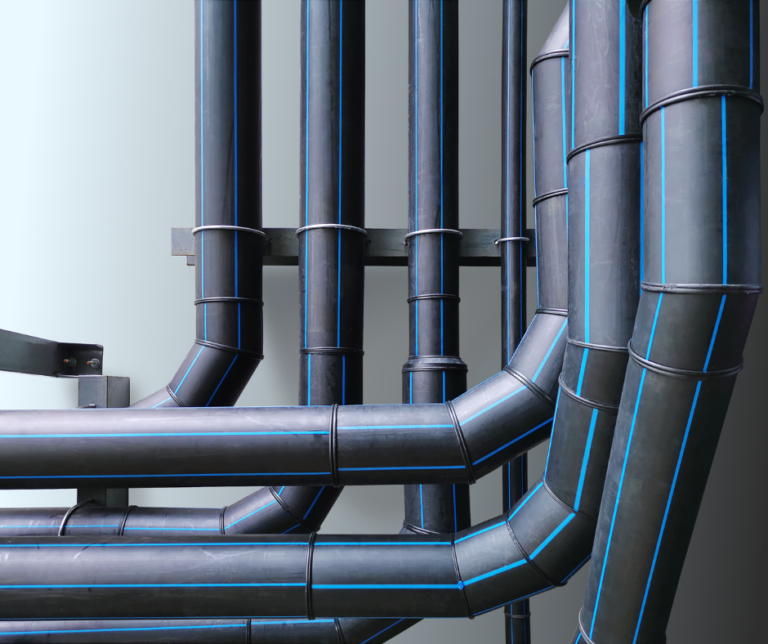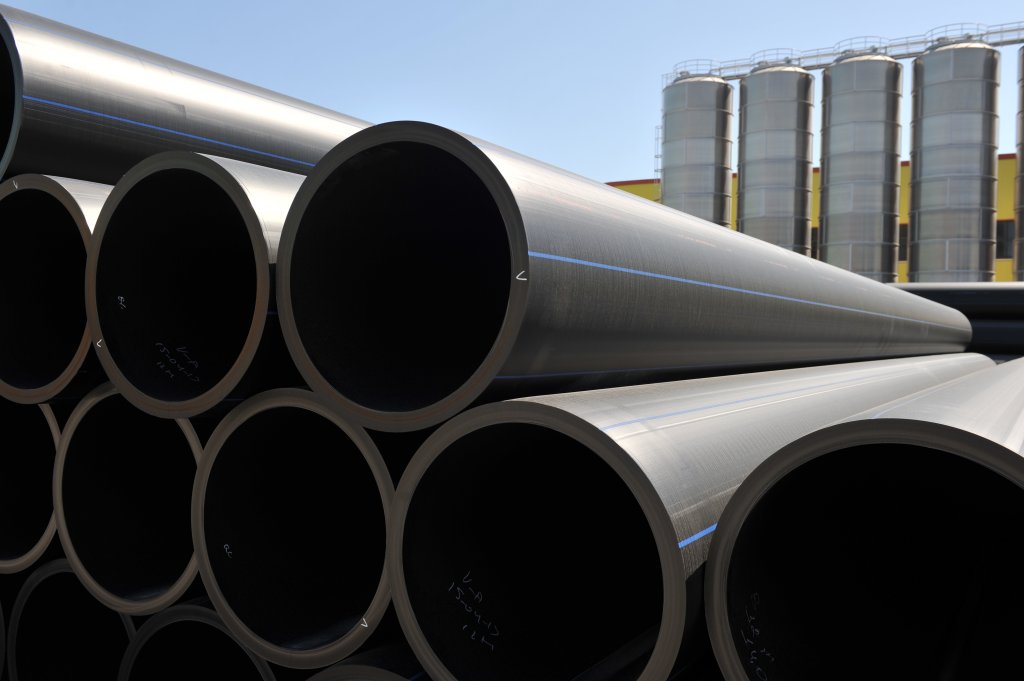FAQs About Texas hdpe pipe manufacturer and What They Offer
Wiki Article
Recognizing the Secret Perks of HDPE Pipeline for Water and Wastewater Monitoring
Making use of HDPE pipe in water and wastewater administration offers various benefits that merit consideration. Its exceptional resilience and long lifespan make it a recommended selection for lots of tasks. Furthermore, the material's resistance to corrosion and chemical damage boosts its reliability in different environments. Nevertheless, the advantages prolong beyond just durability and resistance. Discovering its cost-effectiveness and environmental influence discloses even a lot more compelling reasons for its widespread adoption in contemporary frameworkExtraordinary Resilience and Longevity

HDPE pipeline stands out for its extraordinary toughness and long life, making it a preferred option in water administration systems. Created from high-density polyethylene, these pipelines can hold up against significant stress and tension, ensuring reputable performance with time. Their robust nature allows them to sustain severe environmental problems, including temperature fluctuations and dirt motions, which can cause various other materials to fall short.
The lifespan of HDPE pipelines typically goes beyond half a century, providing a cost-effective service for communities and industries alike. Additionally, the product's lightweight properties streamline setup, lowering labor prices and timeframes. This longevity reduces the requirement for constant repair services or substitutes, additionally improving its economic charm.
In water monitoring applications, the dependability of HDPE pipes implies less disruptions and improved solution continuity, making them integral to sustainable facilities advancement. The combination of longevity and long life strengthens HDPE's duty as a foundation in reliable water monitoring services.

Resistance to Corrosion and Chemical Damage
While numerous products yield to rust and chemical damages in time, HDPE pipelines exhibit impressive resistance, making them suitable for different water monitoring applications. This strength comes from the molecular structure of high-density polyethylene, which is inherently non-reactive and does not rust like steels or deteriorate from direct exposure to severe chemicals. Because of this, HDPE is highly effective in settings with aggressive substances, such as wastewater systems that may contain acids, bases, and organic solvents.
Furthermore, HDPE pipelines can withstand environmental elements such as dirt acidity and saline problems, even more improving their suitability for varied applications (American Plastics HDPE Pipe for Oilfield). Their ability to preserve structural honesty in time lowers the risk of leakages and failures, which is vital in making sure the safety and security and dependability of water distribution and wastewater administration systems. As a result, the resistance to rust and chemical damages noticeably adds to the general effectiveness and durability of HDPE piping remedies
Cost-Effectiveness and Financial Advantages
When taking into consideration the monetary effects of water administration systems, the cost-effectiveness of HDPE pipes ends up being obvious. These pipelines provide lower setup and upkeep costs compared to standard materials like metal or concrete. Their lightweight nature streamlines transportation and installment, leading to lowered labor expenses. Additionally, HDPE pipes show a long lifespan, frequently surpassing half a century, which converts to fewer substitutes and long-lasting cost savings.The resistance of HDPE to rust and chemical damage lessens the need for costly fixings and replacements. The pipes also sustain effective water circulation, decreasing energy prices related to pumping systems. By mitigating leakages and water loss, HDPE pipes add to significant economic advantages for communities and markets alike. Overall, the first financial investment in HDPE piping can generate considerable economic returns over the life expectancy of the water monitoring system, making it a sensible option for lasting framework growth.
Ecological Sustainability and Decreased Influence

Versatility and Adaptability in Installment
As a result of their one-of-a-kind properties, HDPE pipelines offer remarkable adaptability and flexibility in installation, making them suitable for a wide variety of applications. Their lightweight nature allows for less complicated handling and transportation, minimizing labor expenses and installation time. HDPE pipelines can be bent and formed to fit numerous terrains and job demands, which is specifically beneficial in challenging environments.Furthermore, their resistance to corrosion and chemical damage permits setup in varied setups without the demand for specialized protective layers. The capability to fuse joints develops a continual, leak-free system, improving the overall stability and reliability of the installment. HDPE's flexibility additionally fits ground activity, decreasing the danger of damages in locations prone to shifting soil. On the whole, these attributes make HDPE pipelines not only versatile but additionally a favored selection for American Plastics HDPE Pipe Manufacturing water and wastewater monitoring systems.
Frequently Asked Questions
How Does HDPE Pipe Compare to PVC in Water Monitoring Applications?
HDPE pipeline uses superior versatility, resistance to corrosion, and toughness contrasted to PVC. Its lighter weight helps with much easier setup, while its long lifespan lowers replacement prices, making HDPE a favored selection in water administration applications.What Is the Lifespan of HDPE Piping Under Normal Problems?
Under typical conditions, HDPE pipes can have a lifespan ranging from 50 to 100 years. Their durability and resistance to deterioration add to their long-lasting performance in different applications, making them a trusted selection for facilities.Are HDPE Pipeline Recyclable After Their Service Life?
Yes, HDPE pipes are recyclable after their solution life. American Plastics HDPE Pipe for Oilfield. They can be processed and repurposed into brand-new items, substantially decreasing ecological effect and promoting sustainability within the sector, making them an environmentally friendly option for piping remediesWhat Is the Installment Process for HDPE Water Lines?
The setup procedure for HDPE pipelines entails website preparation, trenching, pipe fusion or mechanical joining, backfilling, and pressure testing. Correct methods guarantee a sturdy and reliable system for moving water and wastewater effectively.Can HDPE Piping Be Used for Both Potable and Non-Potable Water Systems?
Yes, HDPE pipes can be utilized for both potable and non-potable water systems. Their adaptability, toughness, and resistance to corrosion make them suitable for various applications, making sure safe and effective transportation of water in different contexts.Report this wiki page